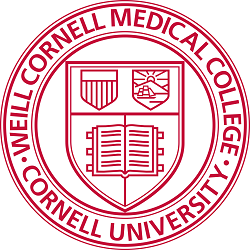Authors: Polonsky, WH., Peters, AL., Hessler, D.
Abstract
Background: Older adults with type 1 diabetes (T1D) or insulin-using type 2 diabetes (iT2D) are at high risk for severe hypoglycemic episodes. Real-time continuous glucose monitoring (RT-CGM) in this population may reduce this risk, but when patients switch to Medicare at age 65, RT-CGM is no longer a covered benefit. We developed a survey to examine health and quality of life (QOL) benefits of RT-CGM in seniors (age ≥ 65).
Methods: Two groups of seniors with T1D or iT2D-current RT-CGM users (n = 210) and RT-CGM “hopefuls” (patients who wanted but could not obtain RT-CGM due to lack of insurance coverage; n = 75)-completed an online survey. The survey examined history of hypoglycemic experiences as well as current quality of life (QOL), including generic and diabetes-specific measures.
Results: Current users reported fewer moderate (P < .01) and fewer severe hypoglycemic episodes (P < .01) over the past 6 months than “hopefuls” and greater reductions over time in hypoglycemic events requiring the assistance of another, ER visits, and paramedic visits to the home (in all cases, P < .01). Regarding QOL, current users reported significantly better well-being (P < .001), less hypoglycemic fear (P < .05), and less diabetes distress (P < .05) than “hopefuls.”
Conclusions: These data suggest that RT-CGM use in seniors is associated with reductions in episodes of severe hypoglycemia and improved QOL, suggesting that restrictive access to RT-CGM in the Medicare age population may have deleterious health, economic, and QOL consequences.



